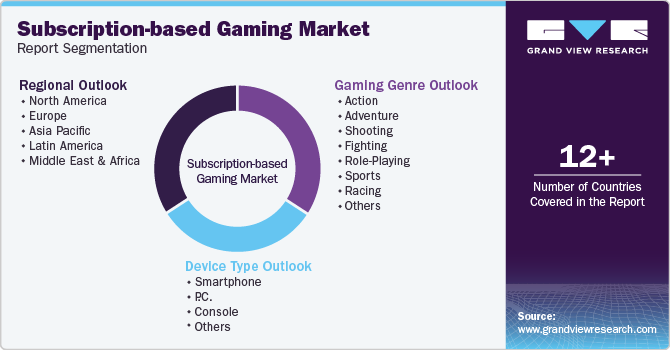BFN Lab: Insights and Innovations
Explore the latest trends and insights in technology, science, and innovation at BFN Lab.
Turning Passion into Profit: The Rise of User-Generated Gaming Markets
Discover how gamers are cashing in on creativity! Explore the booming world of user-generated gaming markets and turn passion into profit today.
The Evolution of User-Generated Content in Gaming: How Players Are Shaping Their Own Markets
The evolution of user-generated content in gaming has transformed the way players interact with their favorite titles and each other. In the early days of gaming, modding communities flourished, with dedicated fans creating total conversions and modifications that enriched gameplay experiences. As technology has advanced, platforms like Roblox and Fortnite have made it easier than ever for players to create their own content. These platforms offer extensive tools and resources, encouraging players to craft unique levels, characters, and even entire game mechanics, effectively empowering them to shape their own gaming markets.
This shift has not only empowered gamers but has also reshaped the gaming industry itself. Developers now recognize the value of fostering user-generated content, often integrating it directly into their monetization strategies. By enabling players to create and sell their content within the game, companies are fostering vibrant economies built on creativity and innovation. The impact of this trend is profound; players are no longer passive consumers but active contributors, driving trends and shaping the future of gaming. As we move forward, the role of players in creating their own markets will only continue to expand, marking a new era of interactive entertainment.

Counter-Strike is a highly popular first-person shooter game that has captivated players with its competitive gameplay and tactical depth. Players can engage in intense battles while utilizing strategies to outsmart their opponents. For those looking to enhance their gaming experience, using a daddyskins promo code can provide valuable in-game items and upgrades, making every match even more exciting.
Monetizing Creativity: Success Stories from User-Generated Gaming Ventures
In recent years, user-generated gaming ventures have transformed the gaming industry, allowing players to not only express their creativity but also to monetize their passion. Platforms like Roblox and Fortnite have empowered users to create unique game experiences, levels, and in-game items that can be sold for real profit. These platforms provide an ecosystem where creativity is rewarded, demonstrating that creativity can lead to financial success. For instance, a teenage developer named Alex found success creating virtual obby courses in Roblox, earning over $10,000 in a year through in-game purchases and donations from players who appreciated his work.
Moreover, the rise of tools and resources for aspiring game developers has further facilitated this trend. With access to game development kits and easy-to-use design software, individuals can now bring their ideas to life more than ever before. Success stories abound in this new landscape; for example, the creator of an indie game on Steam attributed their $1 million revenue milestone to the supportive community that surrounded their project. As the gaming industry continues to evolve, the potential for monetizing creativity through user-generated content not only empowers creators but also enriches the gaming experience for all players involved.
Are User-Generated Gaming Markets the Future of the Industry?
The rise of user-generated gaming markets signifies a transformative shift in the video game industry, offering players unprecedented opportunities to create, share, and monetize their content. Platforms like Roblox and Fortnite Creative have already demonstrated the potential of this model, allowing players to not only engage with games but actively participate in their development. With such innovations, users can explore their creativity while generating revenue through sales of in-game items, custom maps, and experiences. This trend raises important questions about the role of traditional game developers and whether their dominance can be maintained in a landscape where player input is not just welcomed but essential for success.
Moreover, the future of user-generated gaming markets is propelled by advances in technology and community-driven initiatives. As more players become empowered to shape their gaming experiences, we can expect a surge in collaborative projects that redefine storytelling and gameplay mechanics. This continued evolution may also foster a global gaming community that thrives on shared creativity and innovation. To fully realize this potential, developers must embrace these shifts and consider adopting models that prioritize player development and revenue-sharing. The future may indeed belong to those who harness the creativity of the community, ultimately redefining what it means to be a gamer.